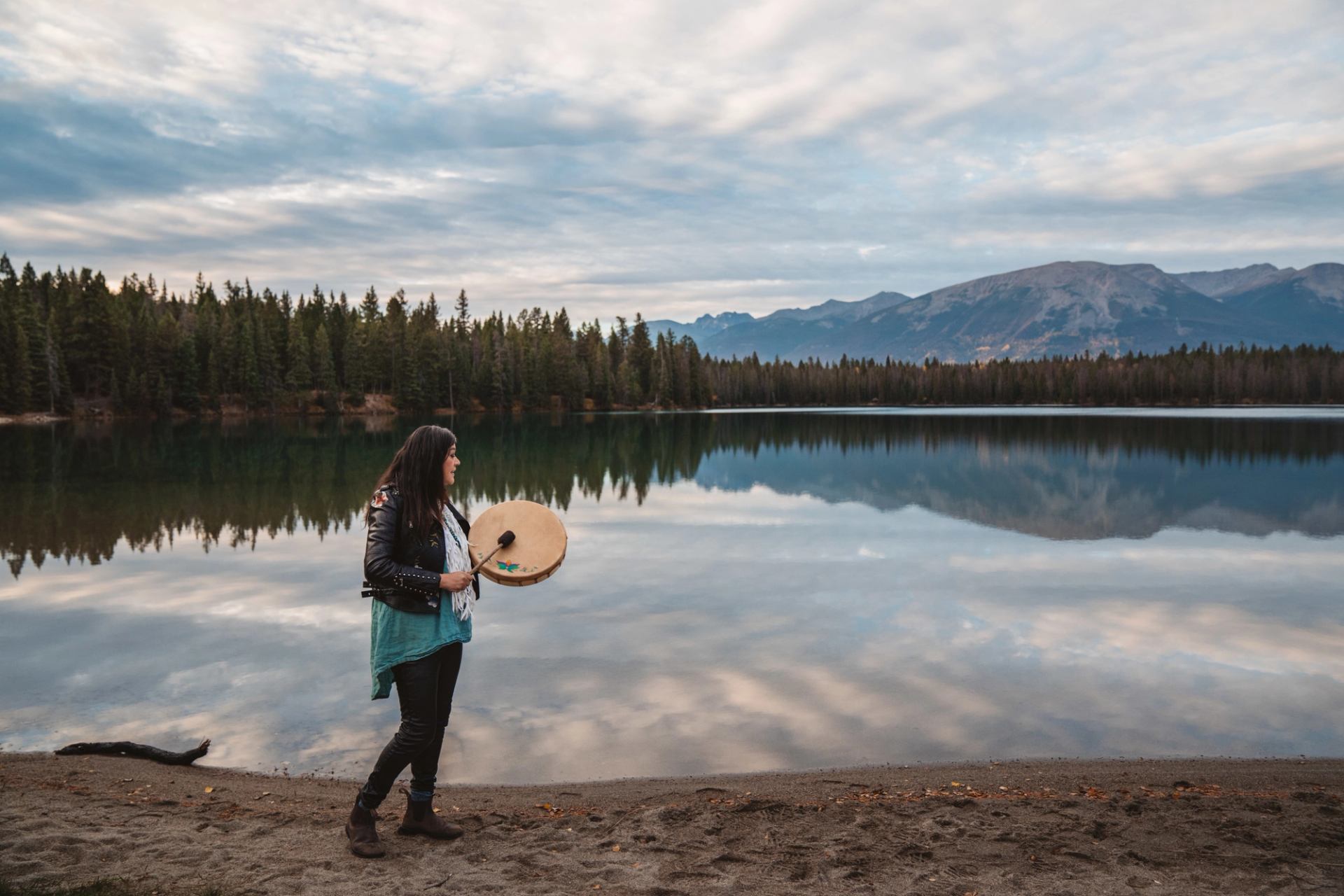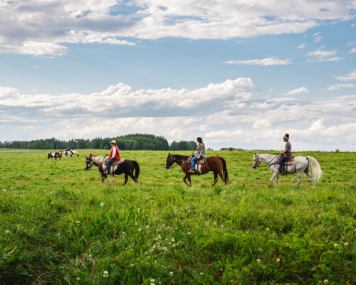Shae Bird, Chief Executive Officer of Indigenous Tourism Alberta, is confident Indigenous tourism will play a powerful role in reconciliation.
“Within truth and reconciliation, it starts with truth,” he says. “And that truth comes from the Indigenous people and sharing those Indigenous stories through the Indigenous voice.”
Growing up in the Cowichan Valley on Vancouver Island, Bird was immersed in Indigenous culture, from the morning announcements in elementary school, to the name of his middle school and the area itself. Cowichan takes its name from the valley’s original inhabitants, the Quw’utsun people, rooted in the word “shquw’utsun”—which directly translated means “to warm one’s back in the sun.”
Bird sees Indigenous tourism as a conduit to creating understanding and change within Canada. “The vast majority of Canadians don’t know the Indigenous history from the Indigenous lens,” he says. “They don’t fully know the traditional territories they’re on, or the culture or language. These are all key pieces to Indigenous culture.”
Economically, Bird notes, Indigenous tourism just makes sense. Before the pandemic, Indigenous tourism was one of Canada’s and Alberta’s largest and fastest growing tourism niche sectors, employing over 39,000 people and contributing $1.7 billion in direct economic impact.
Beyond economics, Indigenous tourism has the power to change perspectives and to preserve culture, language, and traditions. It provides Indigenous tourism entrepreneurs and Indigenous communities with a platform to be the leading voice in reclaiming their space.
And Alberta is positioned to be the premier destination for Indigenous tourism in Canada.



